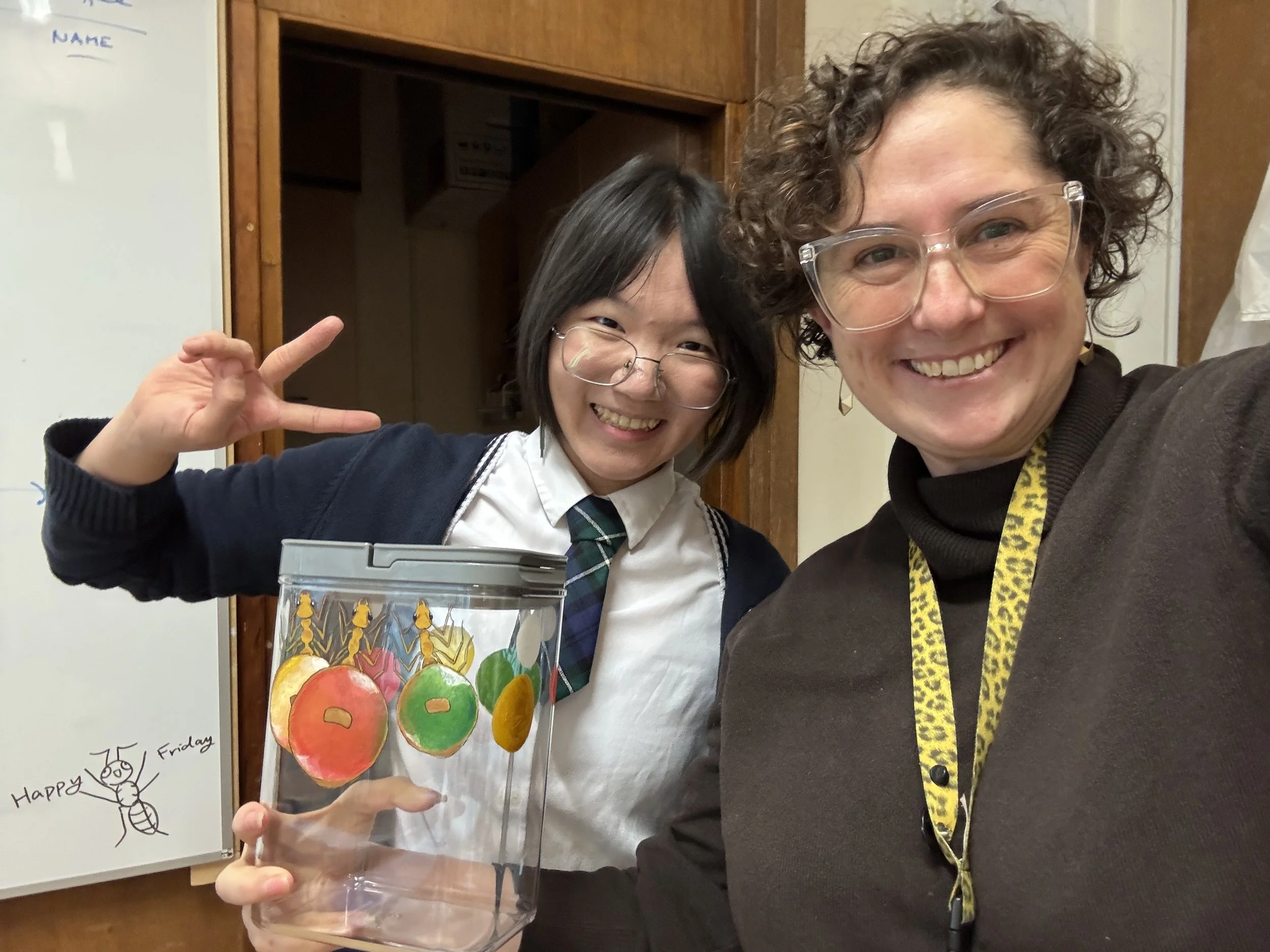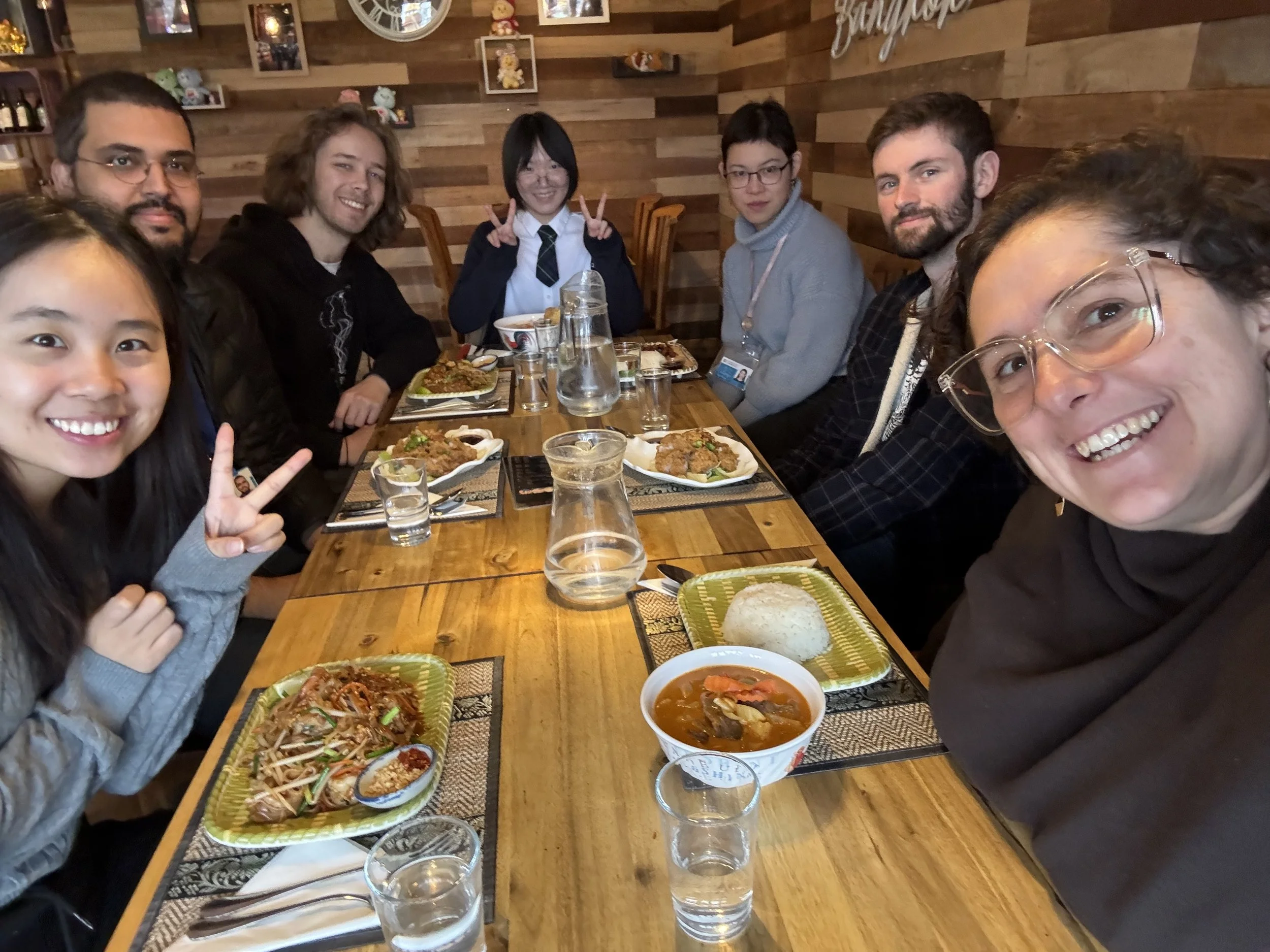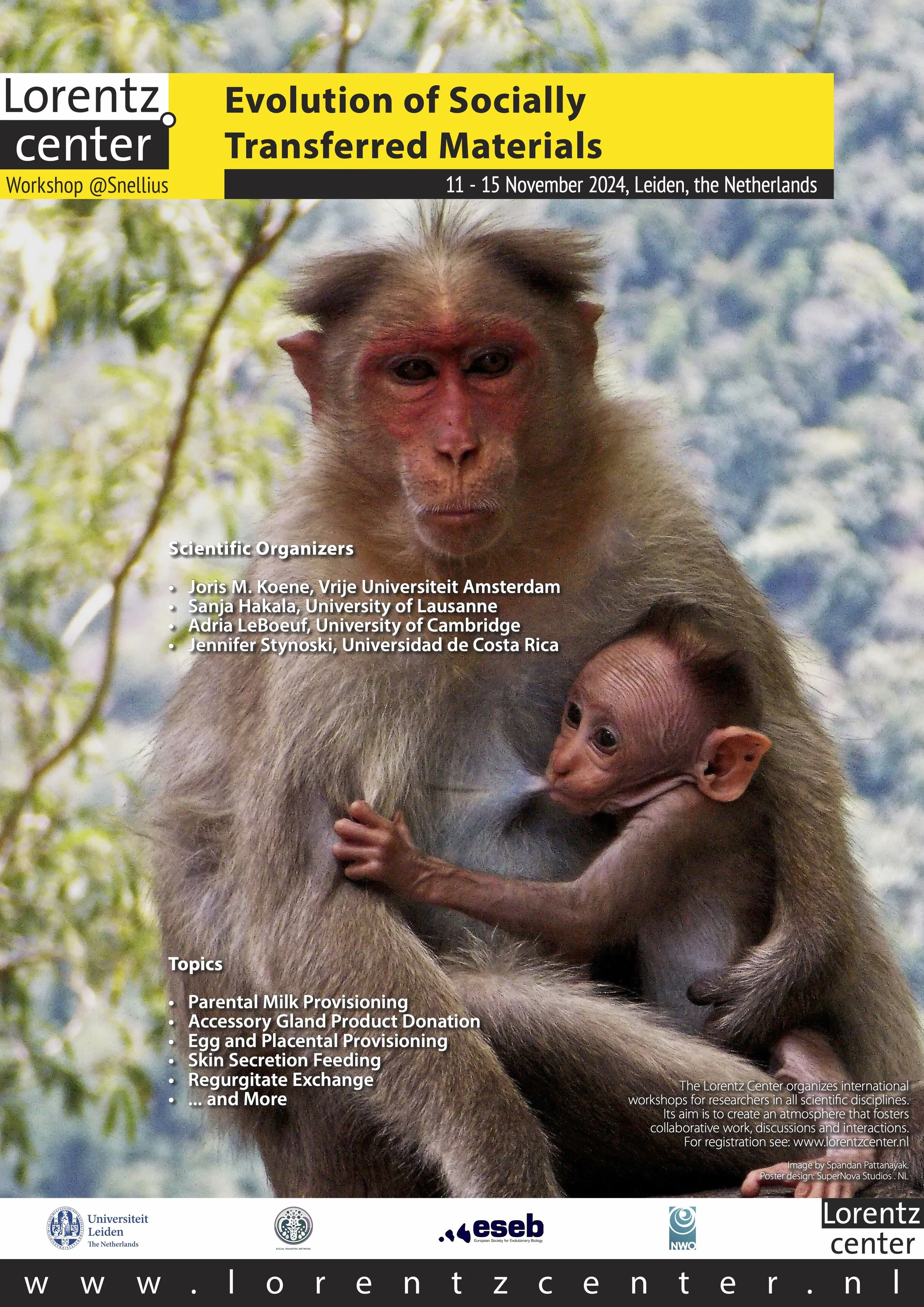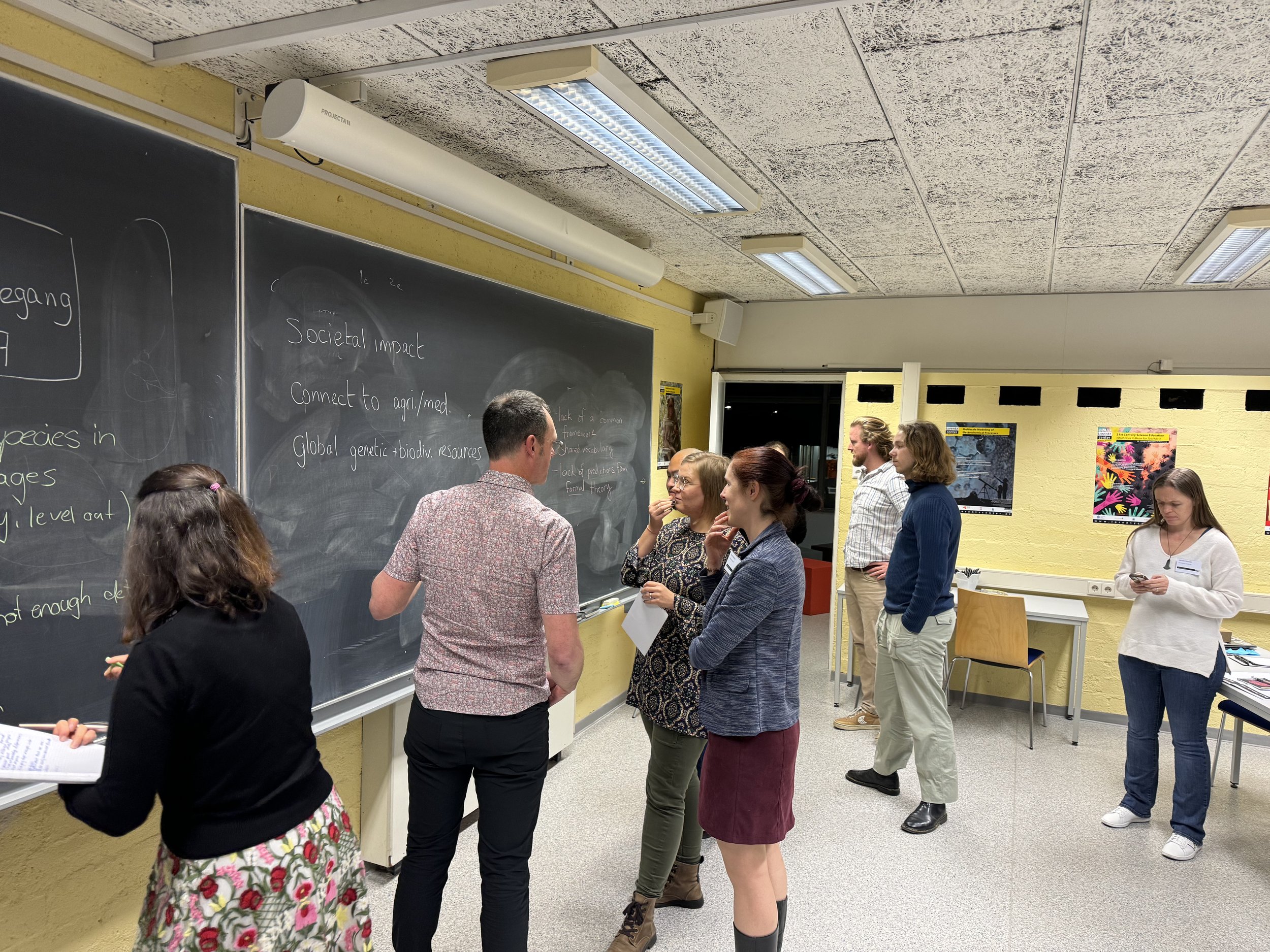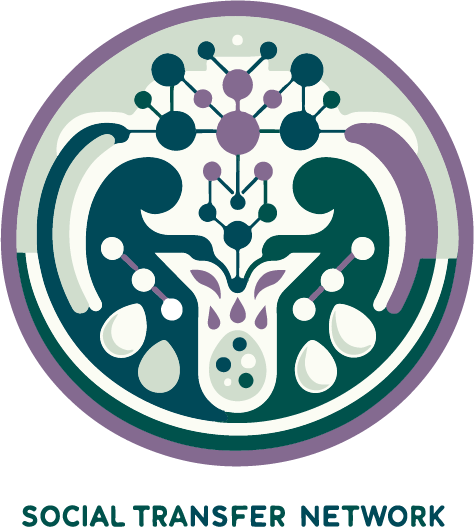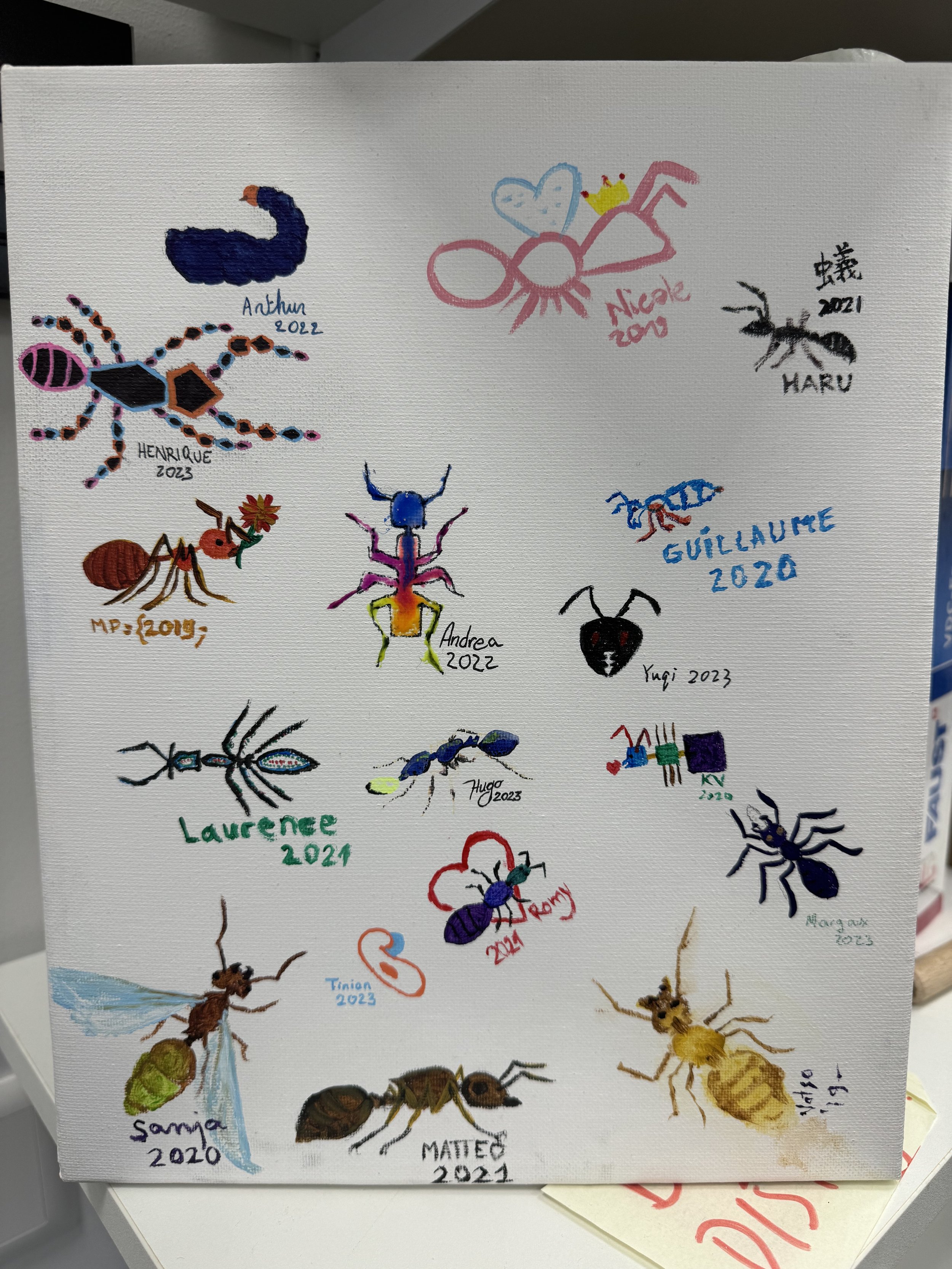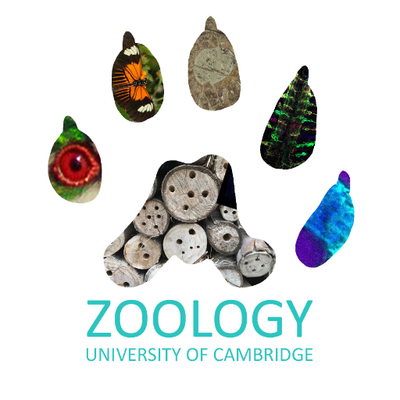More details here!
Seeking a Talented Postdoc in Molecular Biology and Bioinformatics to Explore Distributed Metabolism in Ant Colonies
We are excited to announce an opening for a talented and motivated postdoctoral researcher to join our team. This unique opportunity involves exploring distributed metabolism and the molecular mechanisms behind social exchanges in ant colonies.
Project Overview
Social insects offer intriguing insights into collaboration and the distribution of self across multiple individuals. Our project aims to investigate the social exchanges in ant colonies and the metabolic interplay between individuals.
Our research will combine behavioral observations with detailed molecular analyses of four ant species, representing different social feeding modes and evolutionary lineages. We will employ cutting-edge techniques, including proteomics, metabolomics, and advanced multi-omic data integration, to reconstruct metabolic networks and identify active pathways.
The Role
As a postdoctoral researcher in molecular biology and bioinformatics, you will play a crucial role in this innovative project. Your responsibilities will include:
Performing proteomics, transcriptomics and metabolomics on colony tissues and exchanged fluids
Genomic analyses of gene families of interest
Validating critical pathways with targeted experiments
This project presents an unparalleled opportunity to contribute to our understanding of social behavior, evolutionary biology, metabolism, and the physics of collective behavior. Your work will help elucidate the functional role of distributed metabolism, probe its evolution, and provide new tools for studying community-level metabolic interactions.
This two- to three-year position will be based at the University of Cambridge, with an initial 2-6 month research visit to the University of Fribourg for optimal knowledge transfer.
Qualifications
We are seeking a highly motivated candidate with a strong background in molecular biology and bioinformatics. The ideal candidate should possess:
A Ph.D. in Molecular Biology, Bioinformatics, or a related field
Proficiency in proteomics, trnascriptomics, metabolomics, and data analysis
Strong communication and collaboration skills
A passion for understanding social insect behavior and metabolism
Join Our Team
If you are excited about exploring the fascinating world of social insects and metabolic division of labor, we would love to hear from you. Apply now and help us unravel the mysteries of distributed metabolism in ant colonies.
